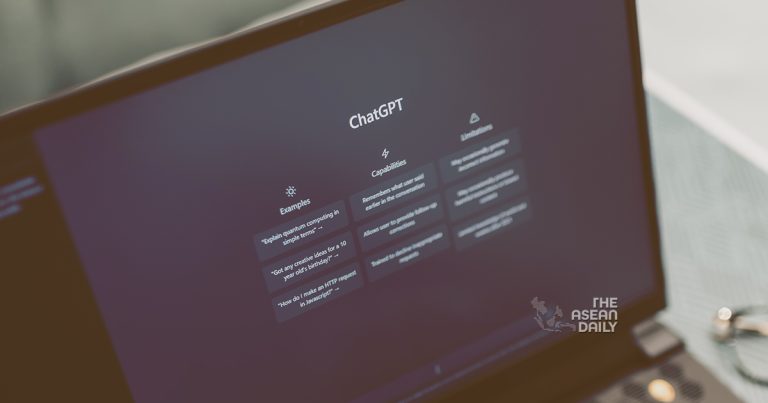12-9-2023 (SAN FRANSCISCO) A consortium of esteemed American authors, featuring the likes of Pulitzer Prize-winning novelist Michael Chabon, renowned playwright David Henry Hwang, and distinguished writers Matthew Klam, Rachel Louise Snyder, and Ayelet Waldman, has initiated legal proceedings against OpenAI in a federal court in San Francisco. The lawsuit, filed on Friday, September 8th, alleges that OpenAI, the Microsoft-backed artificial intelligence venture, unlawfully utilised their literary works for the training of its widely popular AI-driven chatbot, ChatGPT.
While Michael Chabon’s representatives have deferred questions regarding the lawsuit to the authors’ legal representatives, there has been no immediate response to inquiries from the attorneys representing the writers, as well as from OpenAI, on the matter as of Monday.
This legal action represents the third instance of proposed class-action lawsuits for copyright infringement brought against OpenAI by authors, who contend that their creative works have been inappropriately appropriated for ChatGPT’s training. Several companies, including Microsoft, Meta Platforms, and Stability AI, have also faced litigation from copyright holders over the utilisation of their intellectual property in AI training processes.
OpenAI, along with other corporations, has asserted that AI training processes constitute fair use of copyrighted materials drawn from the internet.
ChatGPT, earlier this year, achieved unprecedented consumer popularity, becoming the fastest-growing application in history, with over 100 million monthly active users in January, although it was subsequently surpassed by Meta’s Threads app.
The recent lawsuit filed in San Francisco underscores the significance of works such as books, plays, and articles, as they serve as invaluable sources for ChatGPT’s training, offering prime examples of high-quality, long-form literary content.
The authors contend that their creative output was incorporated into ChatGPT’s training dataset without obtaining the requisite permissions, asserting that the system is capable of accurately summarising their works and generating text that emulates their unique styles.
The lawsuit seeks unspecified financial damages and a court order to restrain OpenAI from engaging in what is deemed “unlawful and unjust business practices.”




